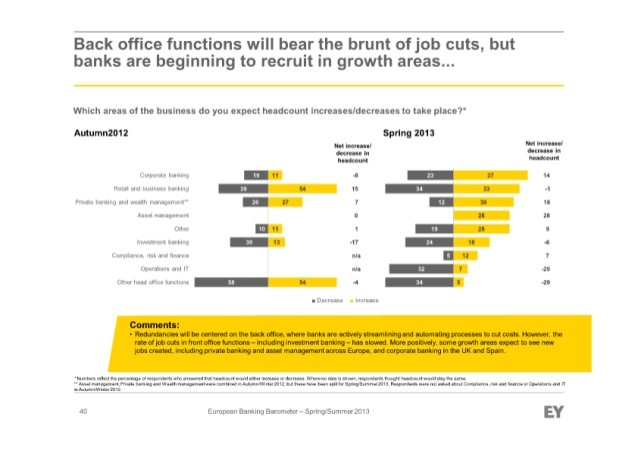Ernst Young Business to bear the brunt
Post on: 18 Май, 2015 No Comment

By Aidan OCarroll, Ernst & Young National Head of Tax
With GDP growing by 2.3% this year (compared to 1.7% in 2005), the Chancellor will be forgiven for blowing his own trumpet when he makes his Budget speech on 22 March. It is not all rosy though; the ITEM Club predicts that, with consumer confidence remaining fragile and the world economy looking increasingly precarious, the outlook remains uncertain for UK businesses.
More
So how does this translate into Budget measures for business? The figures are better than they have been for a while but they are not good enough for the Chancellor to relax over tax revenues. It will be hard for him to justify income tax increases so, despite the economic uncertainties, businesses are likely to bear the brunt.
The disclosure regime has been running for almost a year now and we can expect to see further anti-avoidance measures, including some relating to national insurance, as a direct consequence of disclosures.
The stamp duty land tax (SDLT) take on commercial property has fallen from £1.28bn in 2003/04 to £760m in 2004/05 (compared to a rise from £3.7bn to £5.5bn for residential property in the same period). The Chancellor is likely to be looking to SDLT disclosures to find and stop perceived avoidance in this area.
HMRC has already announced anti-avoidance measures to counter the ECJ judgment in the Marks & Spencer case. With an eye on the revenue costs of cases like this, the Chancellor will also be considering the wider implications of the judgment and may take the opportunity to implement further anti-avoidance measures to retain control of the situation.
A more mundane measure that is likely to have a disproportionate impact on businesses with large car fleets is the long awaited change to the capital allowances treatment of company cars. The Chancellor is expected to introduce an allowance based on the CO2 emissions of the car.

On a more positive note, the Chancellor is expected to finalise the plans for the implementation of real estate investment trusts (REITs) but the fact that the Government is committed to making this a tax neutral exercise has made this a less attractive proposition than businesses originally hoped.
The OECD has suggested that the UK has a “somewhat below average performance” in relation to research and development (R&D) so the Chancellor is expected to announce changes to the R&D tax credit. These are likely to focus on smaller companies.
All in all, we are unlikely to see any radical changes for business but the Chancellor’s confidence in his own figures is likely to be illustrated by the level of additional tax that he manages to raise from this Budget.














